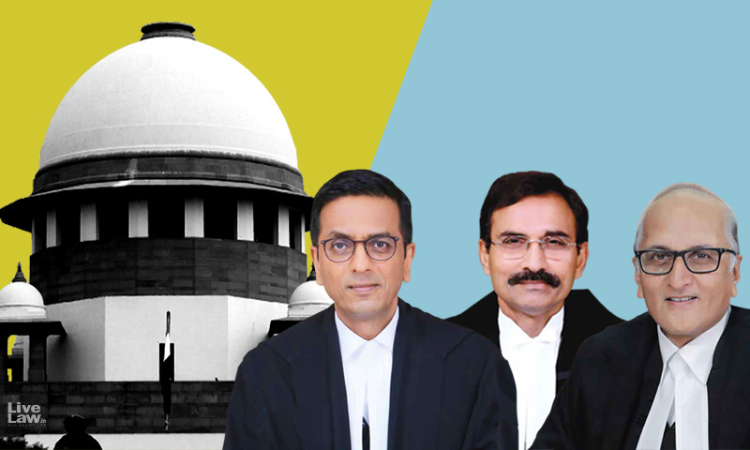The Supreme Court on Monday posed tough questions to the Central Government about the rationale of its dual pricing and procurement policy of the COVID vaccines, its diversion from the National Immunisation Programme and its mandate of COWIN App registrationThe three-judge bench of Justices D. Y. Chandrachud, L. Nageswara Rao and Ravindra Bhat was hearing the suo moto case on COVID issues (In...

